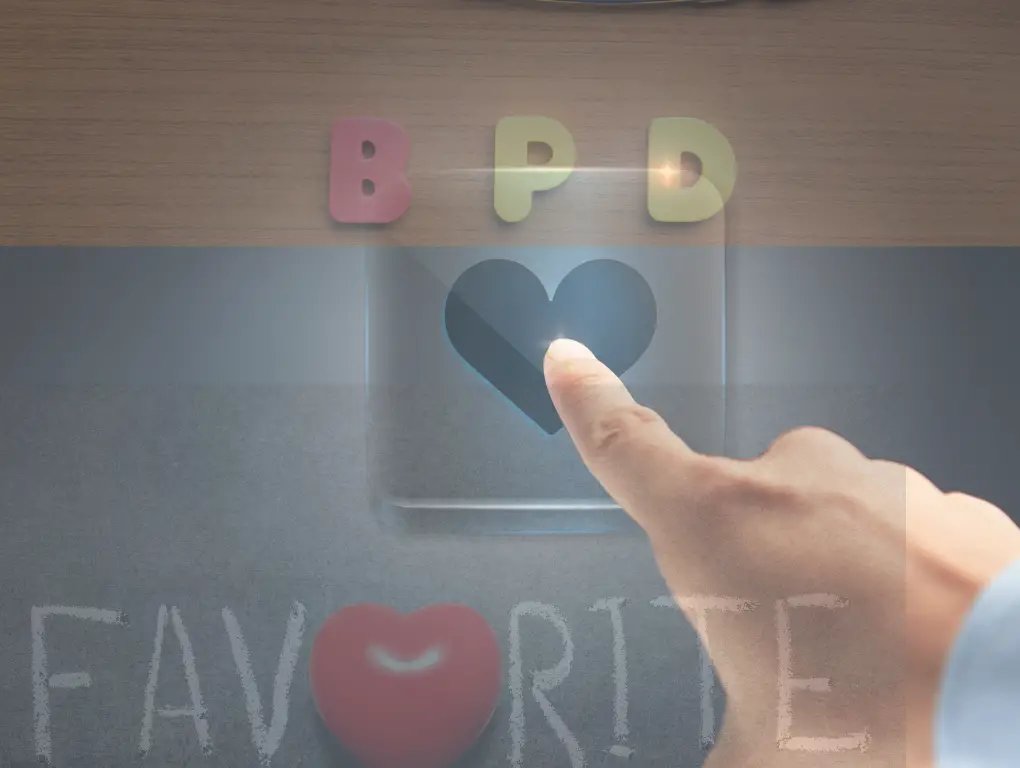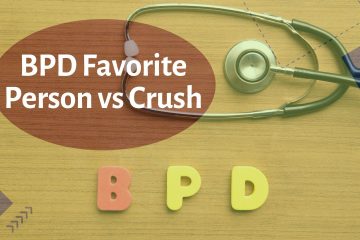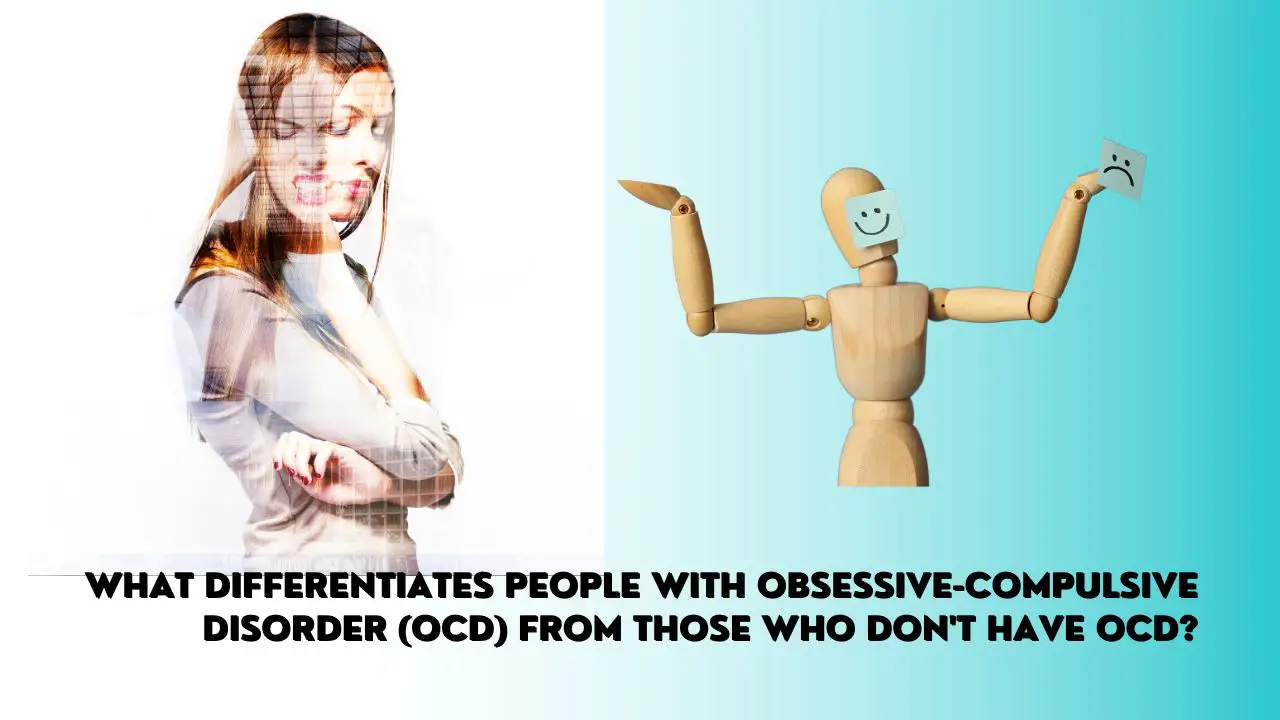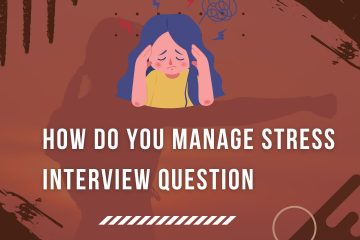Everyone in our lives has that one person they prefer above all others, but a person with borderline personality disorder may take the term “favorite person” a little too seriously. Have you heard that 1.4% of people live with a borderline personality disorder in the United States solely?
The tendency to either overvalue or undervalue others is one of the characteristics of BPD. A person with BPD may occasionally develop a special bond with one person—their “Favorite Person”—and choose to spend more times with them! This BPD “favorite person” could be a coach, spouse, parent, relative, or close friend.
However, once this “favorite person” of theirs is engaged or when there is dispute between them, this can cause the person with BPD to feel anxious, angry, and afraid of being abandoned. Additionally, as a result of this, the favourite person’s bond may alternate between hatred and affection.
Let’s find out what the BPD “favorite person” connection is, how it appears, and how to maintain a positive relationship.
Who is the Favorite Person of BPD?
A favorite person is an important individual that a person with BPD prefers over others, as the phrase suggests. The “favorite person” could be their mate, a coworker, a member of their family, or even a therapist.One of the prominent reasons of their happiness and validation is this “favorite person,” and any argument or quarrel with them might set off someone with BPD.
Everyone has someone who brings them joy, encourages them, and even shares all of their thoughts and feelings. However, for someone with BPD, their favorite person is all to them, an icon without whom they are incapable of exist.
A person with BPD may struggle to feel at ease and secure due to emotional swings they experience. When that happens, individuals often turn to their favorite person for the necessary steadiness.
A favorite person may seem like a rescuer to someone with a borderline personality, and they will adore this individual. Therefore, when they are separated from them or sense a breach between them, it frequently leads to an unhealthy relationship, fury, dread, panic, and a feeling of rejection.
Signs Of BPD “Favorite Person” Relationship
A person with BPD may have a warm relation with their favorite person. A person with BPD may rely too heavily on their favorite person for direction, recognition, approval, and safety. If there are no restrictions, this type of favorite person relationship may be toxic.
The person with BPD may constantly “read too much” into a situation, turn possessive, and take control of the relationship.
Here are several indicators that you have a favorite person or that someone with BPD likes you:
If You Have BPD:
✔you get envious when your favorite person is with someone else.
✔You long for your favorite person to pay you lots of attention.
✔You imagine them to be a flawless person without any imperfections, and you can even harbor fantasies about them.
✔You strive to always win over your favorite person.
If your loved one has BPD:
✔You are their first point of contact and they frequently update you on the little things in their life.
✔You feel under pressure to make them feel better and you almost feel accountable for their actions.
✔You are often assuring your loved one of your affection.
✔Your BPD-afflicted loved one often includes you in choices, which makes you feel as though you are needed.
✔To prevent such outbursts, you consider your loved one before making decisions.
The “Favorite Person” Relationship And BPD Risks
Both being and having a BPD “favorite person” can be emotionally exhausting. For instance, you might feel strongly about the relation, but your favorite person might not, which would make you feel depressed.
The following are some common risks of having a borderline favorite person relationship:
✔emotional instability
✔ongoing concern over departure
✔codependency in a relationship
✔skipping other relationships
✔totally ignoring interests or pastimes
✔Other destructive emotional issues include self-harm
How to Maintain a Healthy “Favorite Person” Relationship with BPD
Relationships with BPD “favorite people” are not always bad or destined to fail. Healthy routines and boundaries within the partnership can occasionally be uplifting and even therapeutic. The following advice will assist you in navigating a “favorite person” relationship:
In Case of BPD
✔Describe your actions: It will be beneficial if you could recognize and categorize your behaviors as they take place. Recognize the relationship with your “favorite person.”
✔Putting other things first: Try to keep your attention on your other relationships and pastimes, even when it’s difficult. This will ease some of the strain on your “favorite person.”
✔Before you act, contemplate: When you’re upset, it’s typical to react with passive-aggression, but you should often pause, consider your approach, and then take action.
✔Recognize your pain: Remember that nobody is flawless, therefore even your “favorite person” is likely to cause you pain. Recognize that they will disappoint you or enrage you. It’s ok, too.
When Someone Is My “Favorite Person”
✔The art of saying “NO”: You’re not required to accede to your loved one’s every want or indulge every whim. Despite this, make an effort to establish boundaries in order to take care of your needs and prevent a codependent attachment.
✔Attention to other things:Even if you don’t want to admit it, you have a life and it’s okay to put your attention on things other than your loved one who has BPD. Keep your decision firm and concentrate on other relationships.
✔Stay away from making commitments: Ignore making promises that you might not be able to keep. Attempt to be honest with yourself and the person you love. The best you can do to maintain a happy and healthy relationship is that.
✔Seek assistance: You don’t have to handle everything by yourself, and your loved one’s emotions are not solely your responsibility. It’s acceptable to ask for expert assistance if you are concerned for their safety.
After That?
Being in a relationship with someone who has BPD and living with BPD might be difficult, but not impossible. If you have BPD, you may frequently feel isolated in your troubles and may only find solace in your “favorite person.” Also fine is that. Remember that you can obtain support and assistance from professionals to deal with these emotions.
You can learn how to manage a healthy BPD “favorite person” relationship and live with your borderline personality disorder symptoms with the aid of the proper therapy treatment.
In order to learn how to deal with the challenges of codependent attachment, people-pleasing, and reassurances, you can also seek counseling and professional support if you are your loved one’s favorite person and they have BPD.
Dial the 988 Helpdesk or your local helpline number if you or a loved one is in imminent risk.



